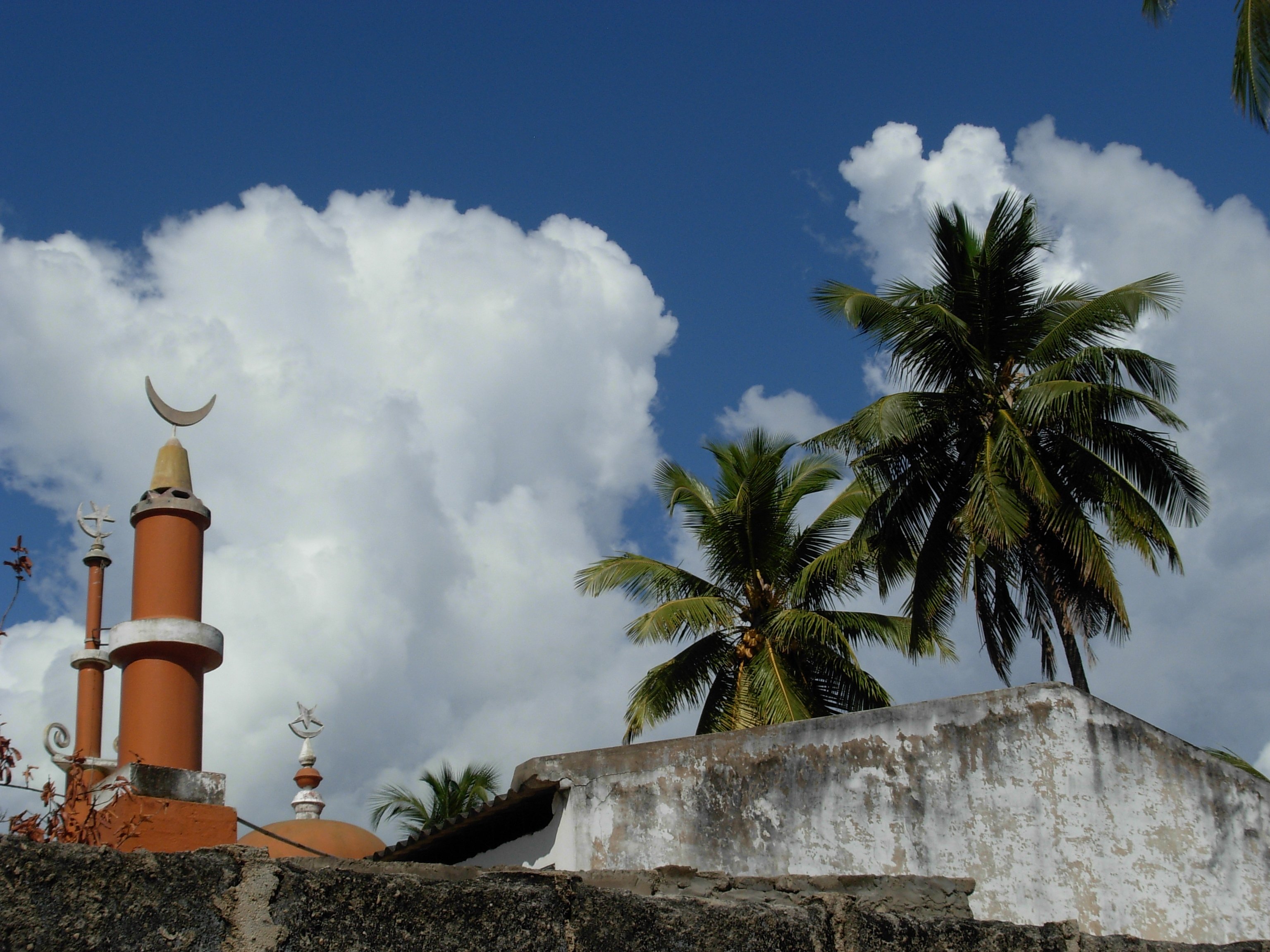In 2008 Rashid attended a course on HIV run by the Islamic Council of Mozambique, in partnership with other organizations, where he and 30 other teachers learned about the epidemic and how to conduct education campaigns at their schools.
Mozambique's national prevalence rate is 16 percent; in mainly Muslim Cabo Delgado, which borders Tanzania, it is 10.6 percent, the lowest in the country. The inclusion of HIV/AIDS in the madrassa curriculum is a welcome innovation.
Although some teachers still shun the subject, others understand the importance of discussing it, but the HIV message in the madrassas is quite different from that in regular schools.
A divine punishment
According to Sheikh Mohammed Abdulai Cheba, director of Cabo Delgado's 54 madrassas, the message has two parts: the first makes it clear that HIV is a divine punishment; the second reinforces the idea that the only way to prevent it is through abstinence and fidelity.
Most madrassa pupils do not question this, and Kadafi Joaquim, 18, one of the students, takes the lessons literally: he will only consider dating if the intention is marriage. "We have to ... stay away from girls before marriage, because it's a sin," he told IRIN/PlusNews.
Condoms are not discussed, as the teachers feel they could lead pupils to have sex, which is Haram (forbidden in Arabic). "The mouse cannot see the peanut, or else he will want to eat it. If you carry a condom around in your pocket, you're going to start thinking things," Joaquim explained.
Yet associating HIV with forbidden behaviour must not encourage prejudice or discrimination. "If someone is sick - Muslim or not - they deserve to be counselled, and we support them, morally and materially," said Sheikh Cheba.
Not all the pupils share this sentiment. "I don't know anyone who is HIV positive, but if I did, I would stay away [from them]," said Ausse Said, 17, a fourth-year student at the Nur madrassa.
Unrealistic teachings
Ajira Abdul Razak, 20, believes it is "unrealistic" to expect young people to be abstinent and faithful. In her opinion, they need practical information, even if they decide not to use it.
"Religion and science do not get along well - one contradicts the other - but, as a teacher, I always advise students to use condoms," said Adamo Selemani Daúdo, who teaches history at the Fraternidade Secondary School, which is supported by the Islamic community and is located next to one of the most conservative mosques in Pemba.
"In the madrassas they defend not using condoms in order to practice fidelity, but there is no fidelity nowadays in Mozambique." Daúdo, a Muslim and the married father of two, says he uses condoms in extramarital relations "because nowadays there is no trust; not even Muslim women are faithful. I use them for my own safety."
He also lectures at Geração Biz, a sexual and reproductive health NGO for young people. "I tell my students that condoms are an individual matter ... You can't speak of them as being a sin, because they are a matter of safety, a matter of protection," Daúdo told IRIN/PlusNews. "We're not encouraging sex, but rather helping young people with prevention."
ll/jh/kn/he
This article was produced by IRIN News while it was part of the United Nations Office for the Coordination of Humanitarian Affairs. Please send queries on copyright or liability to the UN. For more information: https://shop.un.org/rights-permissions
